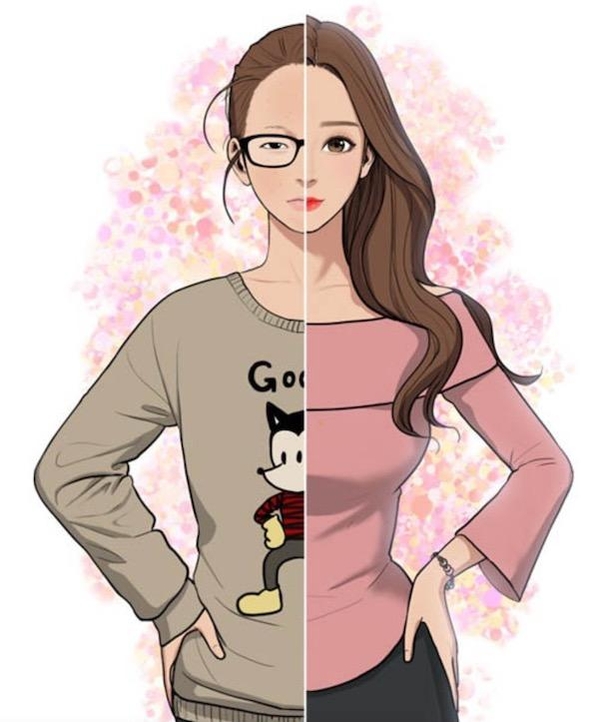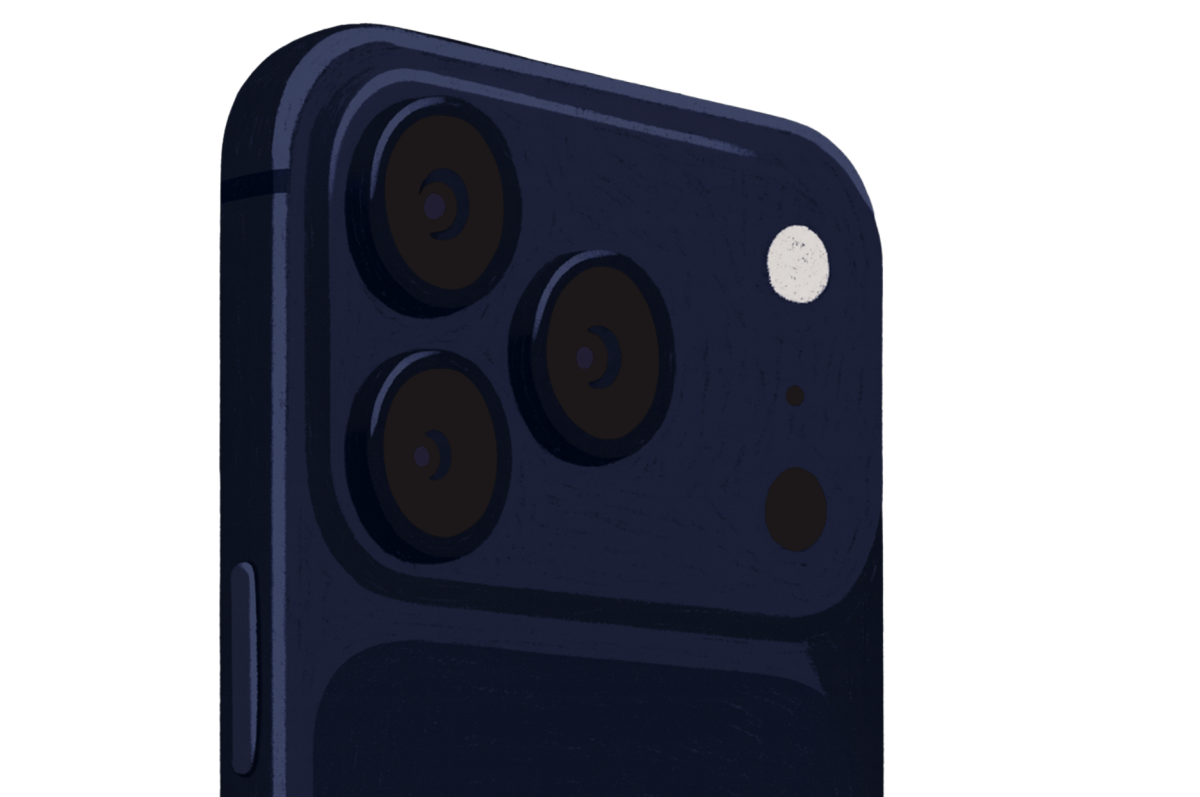Plastic Surgery Rides Fine Line Between Toxic Trend and Cosmetic Care
Questioning the Ethical Extent of Going Under the Knife
October 13, 2022
Over time, plastic surgery has become an evident part of modern society. The growing population of those going under the knife serves as living proof of dissatisfaction in physical appearance among various age groups. Surprisingly, the concept of plastic surgery originated from a torturing method used by ancient Indian prisoners. Slicing up the sinner’s nose, which represented the damnation of wealth and well-being, has taken quite an interesting turn to now becoming the symbol of self-care and conventional beauty.

The prevalent reason behind the uproaring trend of cosmetic surgeries and procedures lies in one’s aspiration towards beauty, wealth, power, and honor – even more so because modern society imposes these aspects on individuals as a fundamental requirement.
The feeling of deficiency is innate in all humans, and the desire to fill this void motivates us to change our looks. Indeed, some choose certain operations as the solution to low self-esteem caused by body dysmorphia, yet the belief that physical change can eradicate all psychological issues is a myth. This is why multiple people who choose plastic surgery as a coping mechanism for their sense of inadequacy usually end up feeling more depressed and empty instead.
Moreover, there are major ramifications of reconstructing your face, including asymmetry of the nose and eyes followed by an abnormality in implants, scars, and infections. To raise awareness of these issues, many influencers have started to share their personal experiences of the side effects.

It’s easy to infer that the people who decide on getting plastic surgery are not informed well enough about the dangers. However, according to Mdipharmhealth, 43.3% of interviewees of a questionnaire answered that the reported side effects are the biggest factor of hesitation against getting surgery.
And yet, in many schools and workplaces alike, at least 20 people out of about 300 have gone through the medical process. Which shows just how common cosmetic surgery is. So the real question is: why do numerous people still put up with cutting up their faces and bodies when they acknowledge the critical demerits that follow?
The answer is a mixture of multiple rationales; according to the research done by Mdipharmhealth, 44.5% of the surveyed people reported that they went through plastic surgery due to their envy of others’ looks, and 72.6% said that their poor mental state drove them to it.
According to Spirit Korea, rising high school students often found their confidence and self-love dropping noticeably as they reached the end of their teenage years; the depression rate among this age group also certainly went through a massive increase in recent years. To make up for their lack of confidence, teens decide to emulate exemplary figures who receive positive reactions from the public after going under the knife.
Social media and celebrity-influencer culture also largely impact those who strive to imitate the stars. The Kardashian-Jenner clan and numerous K-pop stars known for their cosmetic surgery set trends and conventional standards that contaminate people’s ideals, especially young girls, across the West and East alike. When Kim sported the curvy Coca-Cola bottle physique, Brazilian Butt Lifts were the new “standard”, despite the high mortality rates and possibilities of side effects.
About a decade later, Kim took out most of her implants and resorted back to her natural curves, mirrored by a long line of women and girls who did the same. The unlimited access to social media, such as Instagram and Twitter, exposes many to these fast trends and advertisements about plastic surgery, which can eventually convert into peer pressure.
Another driving factor is ‘Lookism,’ or ‘Pretty Privilege,’ a phenomenon in which society leads people to put looks above everything else. Media, such as Webtoons and TV programs, structure their storyline and characters to spotlight the importance of external features, causing young adults and teenagers to believe that the leading factor to success depends on their beauty. This idea grows and spreads among peers until pressure builds up for even those who didn’t consider themselves lacking.

Still, there are as many success stories as failures. In the past few years, numerous YouTubers reviewed the surgical procedure they went through, 90% of them leaving a satisfactory result. They often commented that their sense of dysmorphia had somewhat improved, and many viewers left positive comments, such as “you became even more beautiful, congrats!” Additionally, rhinoplasty in some cases helped respiration, and double eye-lid surgery helped with ptosis, which shows that not every operation is purely for cosmetic purposes.
Another positive influence plastic surgery has is the improvement of one’s regard for their own body. Though this might contradict the previously mentioned ideas of ‘lookism’ and psychological venting, people can now choose to fix their long-held body issues by actually changing the features, no longer having to live with something they hate seeing. Similar to gender transition surgeries, these procedures can lessen one’s anxiety and resentment toward certain body parts, and in severe cases, even cover up their traumatic pasts. Though subjective, most people who are satisfied with the results of their physical changes have gone through this path.
I believe that changing and improving oneself for a better mental and physical state takes courage. Knowing our own insecurities, accepting them, and finding a way to fix them is a positive attitude towards development and growth. Just as we do in education, striving for a better self is, in any case, self-care, especially when modern technology could allow much safer and more varied opportunities than it did decades ago.
Of course, there is a fine line between security and doubt, and some issues should be treated psychologically, not by cutting up and reshaping an immediate ‘problem’ of the nose or the eyes. Societal beauty standards may subconsciously cause us to feel poorly about ourselves, and no one can totally differentiate between what we’ve grown into and what we’ve inherently felt before outside influence. Yet, if we consider our current selves as our identity deeply, the voice within us that wants change should be heard.
Plastic surgery is definitely not a must, but it is an option. Suppose there is someone who wants to get one because they truly want change and believe that it will better the conditions of their life. If they have gone through consideration, who is to stop them? After all, it is their body and their decision to make.
Commenting on the choice of getting surgery or ignorantly looking down upon it can cause a whole other set of issues, and it is a double standard that our community holds. People disrespect the commonly accepted ‘crudeness’ and give advantages to the beautiful, while also holding plastic surgery accountable for a pretentious, look-based society. There is no alternative given.
Under the premise of a healthy mindset with no dangers of addiction, I believe plastic surgery should not be shunned as ‘harmful’, but rather examined from various perspectives, as it is a sensitive topic that can’t be defined linearly. It is true that there are multiple dangers to it, and thoughts of worries should continue for the sake of the development of safety. Nonetheless, the direction of current criticism is misleading.
Criticizing receivers and commenting even more on their body after surgery violates their personal views and can lead to vital consequences of anxiety and self-hate. It is ironic how the majority of the population who denounce their choices also shame others for not having the looks they have post-surgery. Instead of being disrespectful to other people’s bodies and their decisions, we should look to change excessive advertisements of plastic surgery and the exaggeration of its benefits, and strive to make a safe space to discuss these issues for young people who still have the potential to love themselves as who they are.




















































